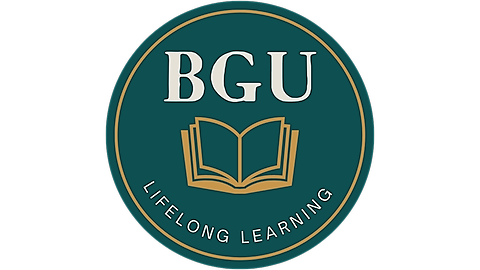
Blind Notes Music Presents: Broadway Favorites & More with Mary Mikels
Join us as we welcome Mary Minkel back to Bishop Gadsden!
Mary Mikels, who was selected by American Idol in the first round, will be performing her “Broadway Favorites & More Concert” on Friday, April 19th at 3:00pm in Blackmer Hall
Program Description:
Mary Mikels will be performing a “Broadway Favorites & More” one hour concert featuring classic show tunes from Les Misérables, Wicked, Phantom of the Opera, The Sound of Music, My Fair Lady and more —including “O Mio Babbino Caro,” the opera piece that landed her a spot in the first round of American Idol. She also sings beautiful well-known Christian pieces to conclude the concert.
Her “imitations” and surprises between songs are sure to delight the residents. She will tell a little about herself in the program, as well as her response to being born totally blind. Her CDs will be available for sale at the conclusion of the program featuring the popular show tunes from the concert including crowd favorites such as Leonard Cohen’s “Hallelujah,” Andrea Bocelli’s “The Prayer,” and Puccini’s “O Mio Babbino Caro.”
Mary Mikels’ Background:
Born totally blind and with a hearing loss in her left ear, Mary is a soprano, and has been singing nearly her whole life. After graduating from Sanderson High School in Raleigh in 2017, Mary received her Associate of Arts degree with honors from Wake Technical Community College in 2021.
Mary was delighted to be selected by the North Carolina Master Chorale in 2017-2018, the official chorus of the North Carolina Symphony. She was also honored to be a featured soloist twice with The Tenors. Mary became a finalist in the National Blind Idol Competition. In 2018, Mary was selected in the first-round competition for American Idol©️. After graduation, Mary began a vocation of vocal performance and now devotes her time to singing nearly exclusively in retirement communities, which she adores. Mary can be found on her website at www.blindnotesmusic.com and on social media under the name Blind Notes Music.
April 19 @ 3:00 pm



